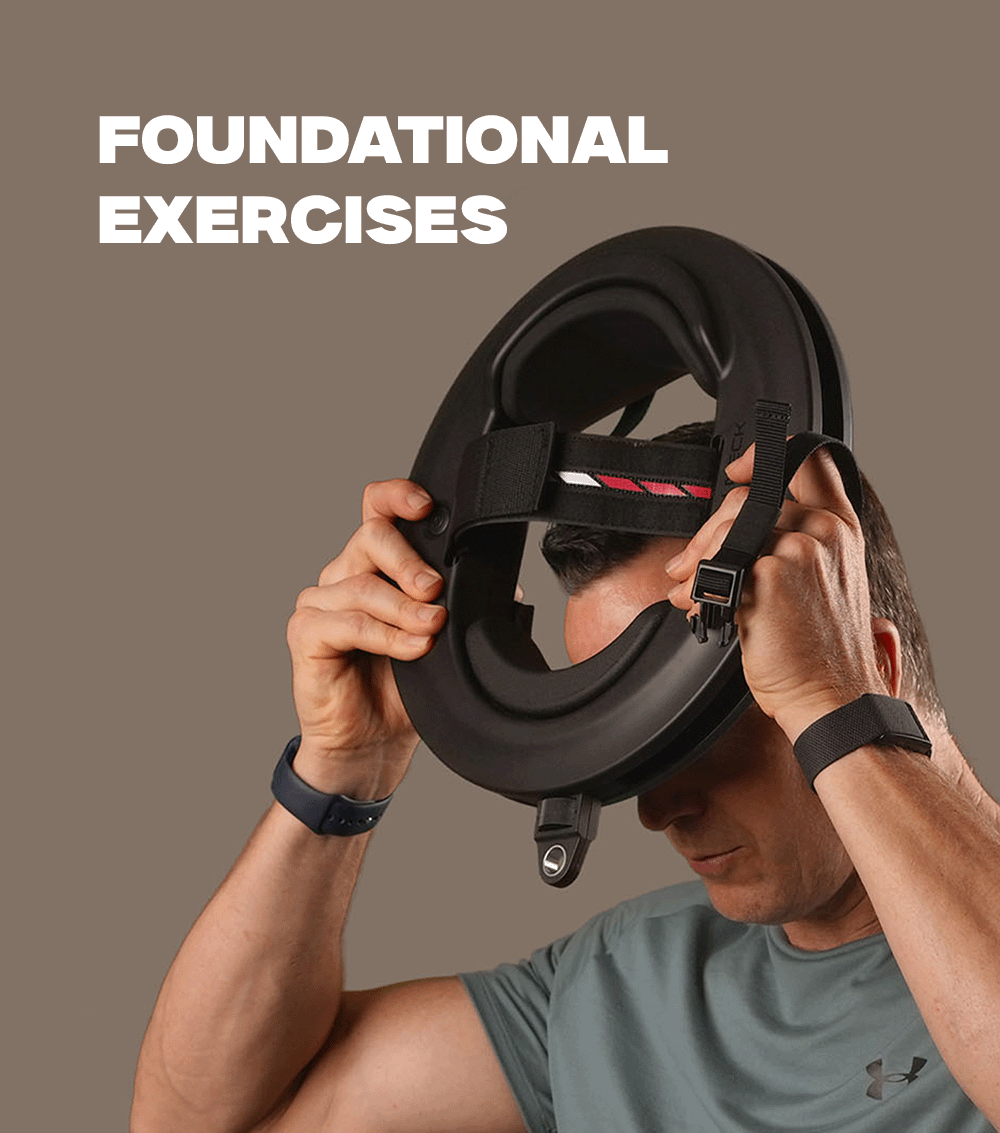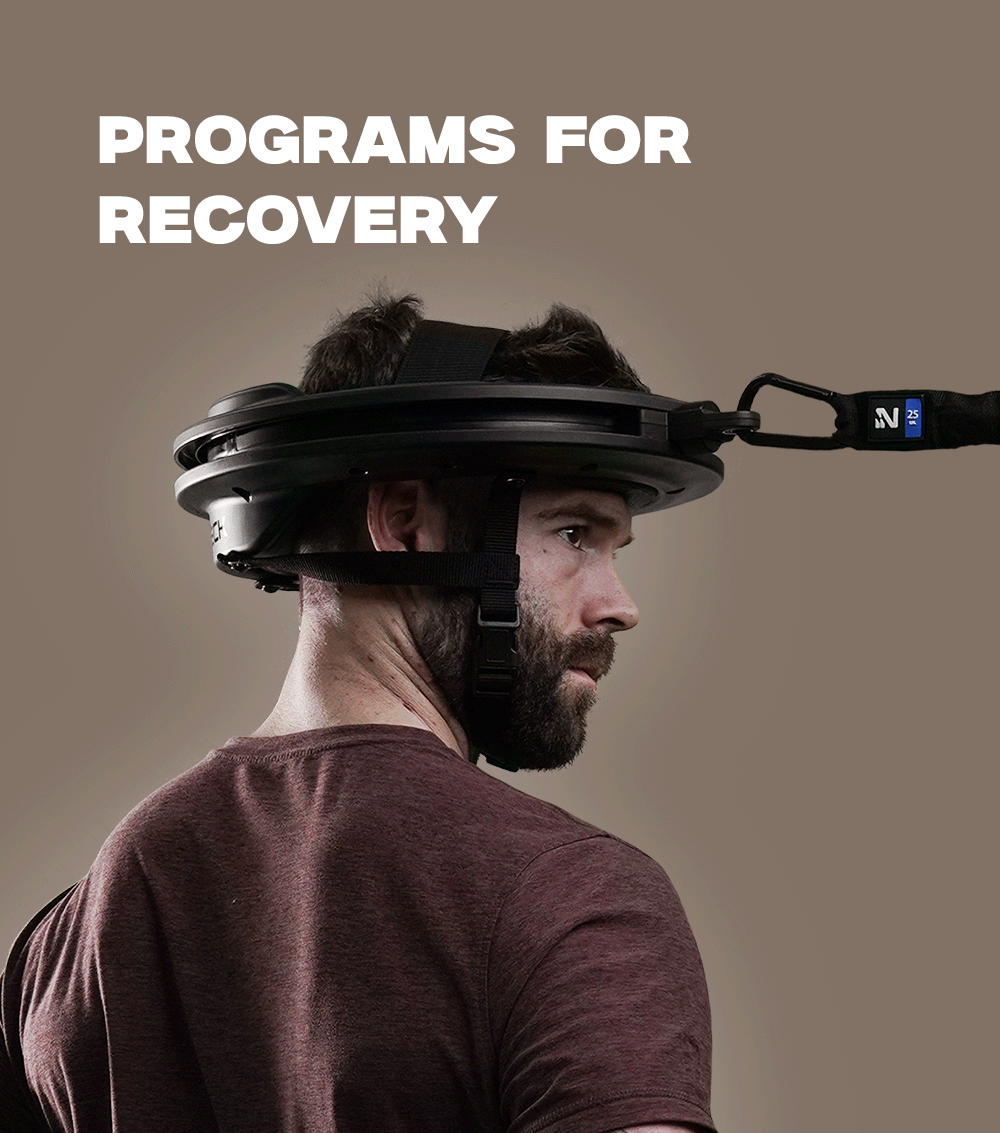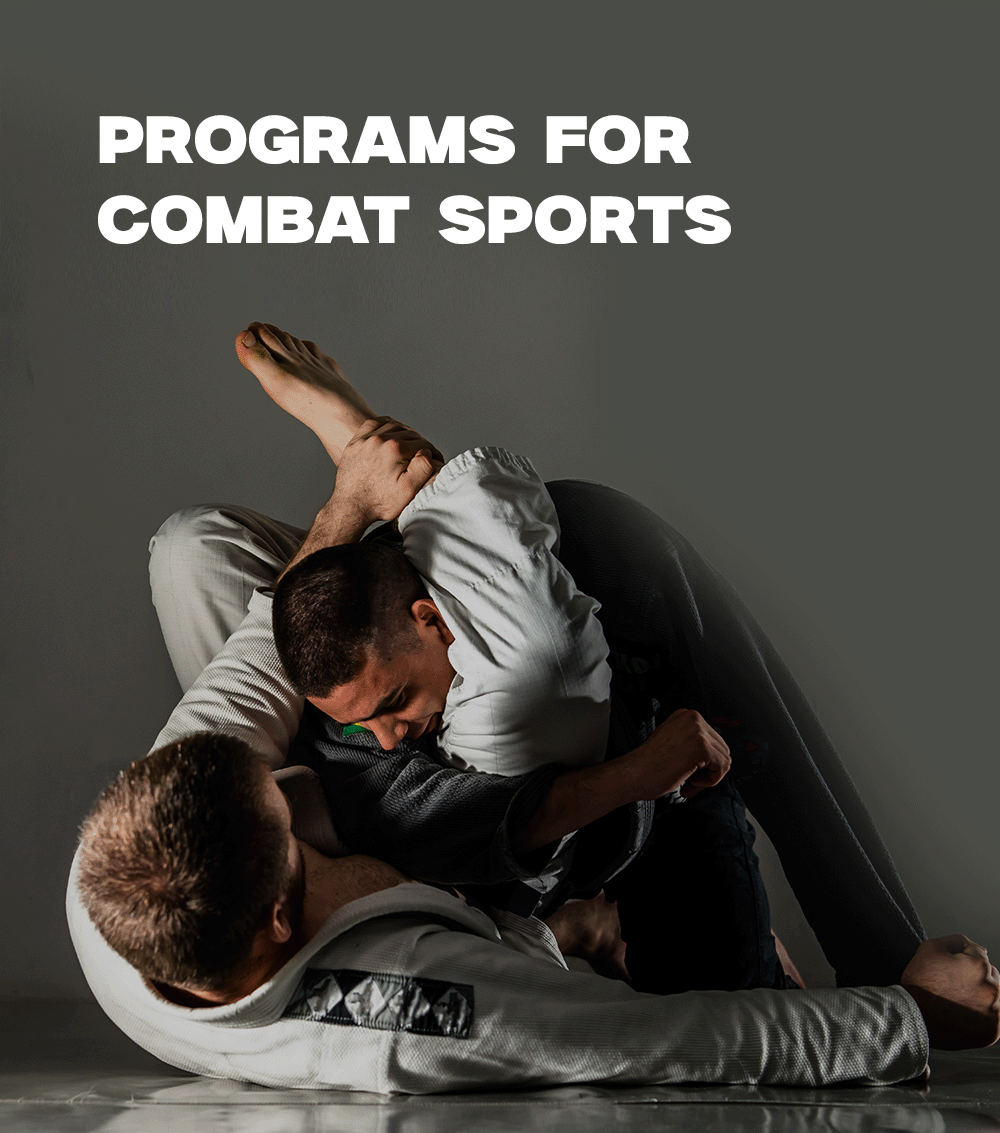A stiff neck isn't just painful and uncomfortable - it affects your day-to-day life. Routine tasks like driving, cleaning, getting dressed, and even just sitting become more difficult and at times, painful. But if you're experiencing neck pain and stiffness, don't worry - we're here to help. Today, we're going to explain how to relax your neck muscles and release tension.
That neck pain and muscle tension you're experiencing can be caused by a number of things. Maybe you slept in an awkward position, and now you're paying for it. Or, maybe you moved incorrectly in the gym and tweaked something. Perhaps you're just flat out stressed - and this stress is rearing its ugly head in the form of persistent neck pain and stiffness.
Whatever the case, achieving relief is actually quite simple - assuming there isn't an underlying issue, such as a neck injury. We'll help you understand the difference between typical stiffness and a more serious problem. Then, we'll share our favorite ways to calm tense neck and shoulder muscles - including some of our favorite stretches and muscle-building movements. Keep reading, and say goodbye to neck pain and stiffness once and for all!
The Difference Between Neck Tension and Neck Injury
Most of the time you'll be able to relieve neck pain and tension from home without any professional medical help. But, it's important to determine if you're dealing with typical neck and shoulder pain or something more serious.
For example, if you were in a car accident and experienced whiplash - you'll want to see a doctor or physical therapist to diagnose your injury. The same goes for falls or injuries in the gym or during sports. Don't try and treat something serious on your own. But, how can you tell which of these you're suffering from?
If you're experiencing intense pain that is debilitating and persists for more than a few days, it may be worth visiting a doctor. When in doubt, use your best judgment. Trust your gut. If you think something more serious is going on beyond just harmless neck pain and stiffness (which is uncomfortable and frustrating, but no real cause for concern) - seek professional help.
With that said, let's move on to the best ways to calm a tense neck or upper back.
How To Calm Tense Neck and Shoulder Muscles
To calm your stiff neck and achieve relief from neck pain, you should begin by taking a look at your lifestyle. Is there anything glaring that could be causing your discomfort?
Once you've identified the root cause of your neck pain, you can take steps to alleviate it through deep tissue massage and stretching.
Make Lifestyle Adjustments
If you don't recall anything that could cause a tight, stiff neck - it's possible your lifestyle could be to blame.
One of the most common causes of unknown neck tension is poor posture. If you sit at a desk all day, or drive a truck all day, take note of your posture. Do you slouch? Are you experiencing the dreaded, unsightly tech neck? Slouching and forward head position can result in neck pain, shoulder tension, muscle spasms, muscle stiffness, and much, much more. Taking steps to alleviate poor posture will greatly reduce your symptoms of neck tension and pain.
Maybe you're on the opposite end of the spectrum from the office worker. If you're in the field of manual labor, your grueling work could be the cause of neck tension and pain. Construction, warehouse, and other intensive labor jobs can put your muscles - particularly, your neck muscles - under serious stress. This is exacerbated if you perform repetitive movements that compromise your neck muscles.
What else do you do for prolonged periods every day besides work? Sleep! If you don't have the right mattress, pillows, or sleeping position then you'll inevitably develop neck tension and pain over time. So, consider your sleeping situation and make adjustments as needed.
These are just a few of the lifestyle causes of neck tension and pain. There are countless other potential causes. So, consider your unique daily routine and look for other potential causes. Chances are, you'll find something that could be contributing to neck tension.
Deep Tissue Massage
Along with adjusting your lifestyle to prevent neck pain and stiffness, you can achieve relief through deep tissue work. If you can afford it, a professional deep tissue massage is a worthy investment in your wellbeing.
Keep in mind - deep tissue massage won't be the most enjoyable experience during the massage itself. Your massage therapist will push the tension out of your neck, and the pressure they use can be painful at times.
After the deep tissue work, you'll want to flush your system of all those toxins that have been released into your bloodstream. Take an Epsom salt bath, and drink plenty of water to flush.
Neck & Upper Back Stretches
Along with deep tissue work to eliminate neck tension, you can try neck stretches. Stretching your neck aimlessly isn't a great idea - which is why we're going to explain the specific stretches we recommend to relax neck muscles.
While you may feel the tension in your neck, you should take the time to stretch other surrounding areas too. You may feel pain and tension in your neck, but this could just be sending referring pain signals from other muscle groups. When stretching your neck, it helps to mobilize your shoulder blades, chest muscles, and upper back, too.
The Best Stretches To Relax Neck Muscles & Relieve Tension
You're ready to start stretching your neck to achieve relief - but where do you start? If you're not comfortable trying these yourself, get the help of a physical therapist. They can help you achieve relief by combining physical manipulation (deep tissue work) with stretching. This tandem yields impressive results when done correctly.
In the meantime, however, here are the best neck stretches to relax muscles:
Neck Rotation
You can choose to sit or stand for this neck stretch. Take your hand, and gently push your head to one side until you feel your neck muscles gently pull. Once you feel the pull, stop - don't go any further. Hold the stretch for 10 seconds, and release, letting your head return to the starting position. Repeat this on the other side. You can do this stretch as often as you like.
Forward & Backward Tilt
Again, sitting or standing is fine for this stretch. Ensure your posture is dialed in - and you're upright within a neutral position. Then, take your hand and push your chin down into your chest. You'll feel your posterior neck muscles gently pulling. Hold this position for 10+ seconds - the longer, the better.
Then, you'll want to stretch the anterior muscles in your neck (front). Take your hand and push up on your chin, raising it towards the ceiling. If you have good enough mobility, you'll feel the back of your head touch your back and you'll be looking directly at the ceiling. Hold for 10+ seconds, and return to a neutral position.
Shoulder Roll
The shoulder roll is great because it helps you relax not just your neck, but shoulder muscles, upper back muscles, and surrounding muscle groups, too. This is more of an active stretch and will increase blood circulation to these tense muscles - helping them relax.
Stand up straight, and roll your shoulders backward in a circular motion. Remember to breathe deeply and slowly. After 5-10 rotations, roll your shoulder forward to reverse the movement.
Tight Neck Muscles May Be A Sign Of Neck Weakness
These three neck stretches are going to help you achieve a more mobile neck. They'll also increase blood circulation to the tight muscles needing relaxation. But, you should also take steps to proactively prevent neck tension in the future. Most of the time, tight, agitated muscles are caused by weakness or imbalance.
This is why we highly recommend everyone - not just athletes - learn how to train the neck. Not only does a thick neck look more attractive than a thin pencil neck. But, a thick neck is also more resistant to injury. You'll also experience far fewer instances of neck tension and pain. The benefits of neck training are countless, and they're well documented. There's a reason the best physical therapists and strength trainers in the world incorporate this into their training. But how do you get started?
Our complete guide on neck training is a great resource if you're new to the world of neck exercise. Or, take a look at some of these weak neck muscle exercises. Once you know how to train the neck, you need the tools to effectively do so. At first, bodyweight exercises will be fine. But you'll quickly discover that the weight of your head isn't quite doing it. You need to add another form of resistance to continue progressing.
While it may look strange, there is no better way to train your neck than with the Iron Neck. This revolutionary piece of neck training equipment grants you access to exercises that would otherwise be impossible. It's the most versatile training tool you can add to your arsenal. Otherwise, you'll need to use a neck harness coupled with resistance loop bands. Once you've got your equipment, you can get started. Take a look at our database of neck movement videos if you're not feeling confident - we'll walk you through each exercise.





